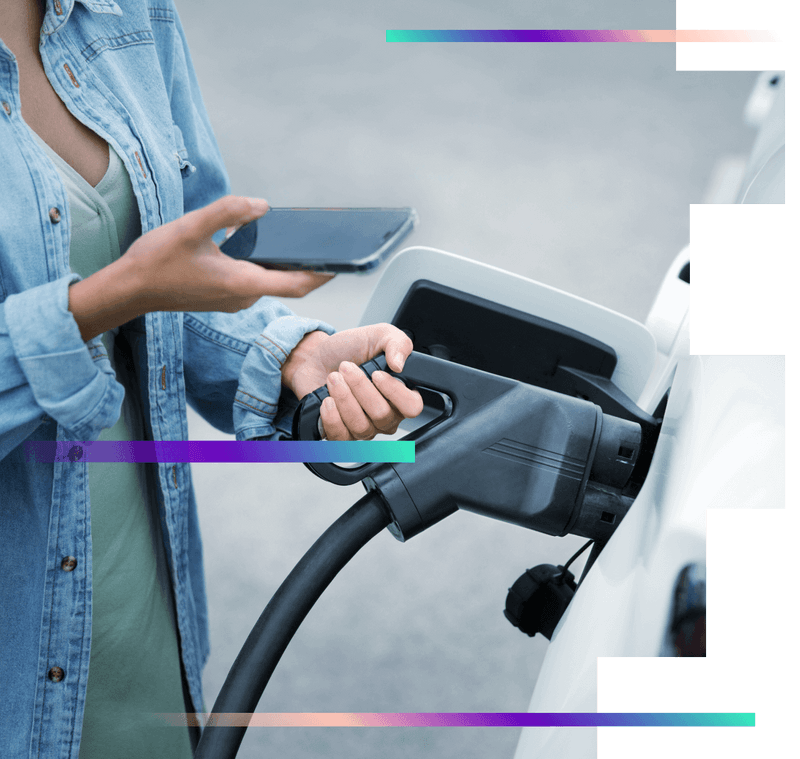A Breakthrough in EV Charging Speed
Imagine plugging in your electric vehicle (EV) and getting an 80% charge in just ten minutes. That’s the promise of StoreDot’s groundbreaking silicon-dominant EV battery technology, which was recently showcased in a prototype Polestar electric car. The impressive demonstration achieved sustained charging rates exceeding 310 kW, and peaked at a staggering 370 kW. The result? The Polestar 5’s 77 kWh battery leaped from a 10% charge to 82% in a mere ten minutes.
The Power Behind The Charge
Equipped with StoreDot’s XFC (eXtreme Fast Charging) cells, the fully-driveable Polestar 5 prototype became a testament to the potential of fast-charging technology. Throughout the testing, all critical battery parameters, such as temperature, voltage, and capacity, were rigorously monitored. The joint efforts from StoreDot and Polestar engineers ensured that the battery pack maintained optimal temperatures without overheating, emphasizing the reliability of StoreDot’s technology.
The Importance of Faster Charging for Consumer EVs
As the adoption of EVs accelerates, especially in cityscapes and among ride-share drivers, time becomes a currency. Current fast-charging methods for popular EVs like Tesla‘s Model 3 or Model Y require 20-25 minutes for a 10% to 80% charge at 250kW fast charging stations. StoreDot’s innovation could significantly reduce this time, contributing to more efficient station operations and a better experience for EV users.
Seamless Integration with Current Models
StoreDot’s demonstration wasn’t just about speed; it also highlighted the ‘drop-in’ capability of their technology to adapt to existing car models without the need for proprietary charging systems. The move towards using available infrastructure for extreme fast charging stands to simplify and expedite the transition to rapid charging for EV manufacturers and consumers alike.
StoreDot’s Ambitious Timeline
Continuing to press forward, StoreDot boasts a timeline aiming for production-ready XFC cells that can provide 100 miles of charge in just 5 minutes during this year, with goals to reduce that time even further to 4 minutes by 2026 and an impressive 3 minutes by 2028. These strides could revolutionize the acceptance and practicality of EV use globally.
The Environmental and Economic Benefits of Silicon Batteries
StoreDot’s adoption of silicon over graphite for the anode in their battery chemistry doesn’t only offer a reduction in weight and production complexity, but it also boasts significant environmental and economic advantages. Silicon is more abundantly available and sourcing from domestic materials in North America could reduce dependence on international supply chains for battery components.
Industry Leaders’ Perspectives on the Fast-Charging Evolution
Dr. Doron Myersdorf, CEO of StoreDot, expressed excitement over the leap towards making EV charging times competitive with refueling traditional petrol vehicles. “[This] breaks the barriers of range and charging anxiety,” he enthused. Similarly, Thomas Ingenlath, CEO of Polestar, recognized the potential for this technology to revolutionize consumer expectations and fuel mass adoption of EVs by significantly improving the convenience of EV ownership.
The Future of Battery Technology
While the race to develop next-generation batteries, such as solid-state cells, continues, StoreDot’s innovations leverage current lithium-ion technology to enhance charging speeds. As this and similar technologies advance, it will undoubtedly change the landscape of EV ownership, challenging automakers to keep pace with consumer demand for convenience and speed. Ultimately, it’s a stride towards electric mobility that mirrors the accessibility and quickness of conventional fossil fuel transportation.
